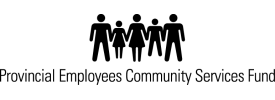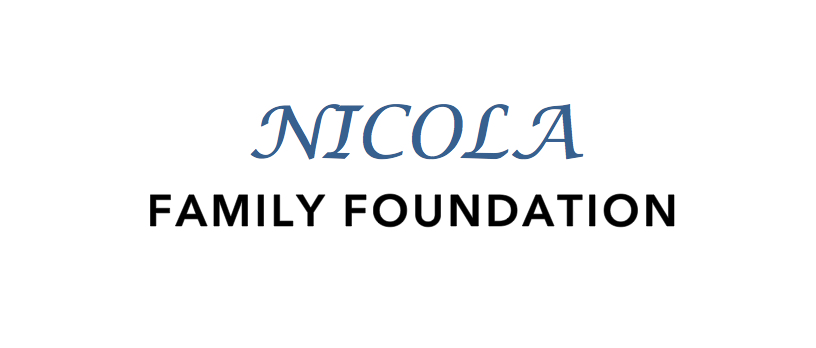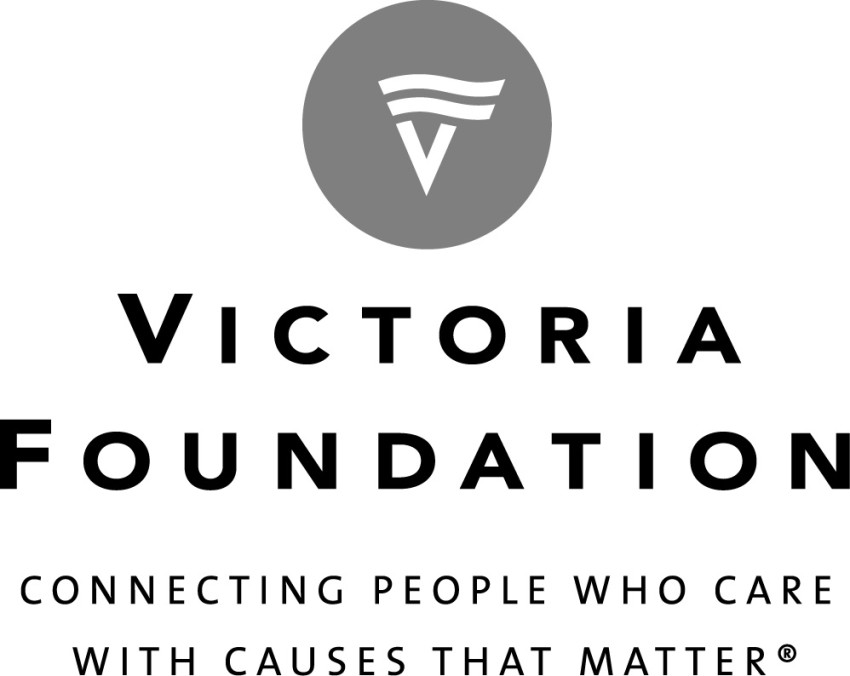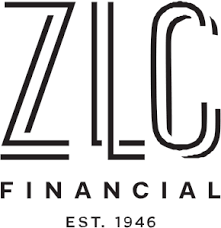Opening up to others about mental health can be difficult, especially considering the stigma surrounding many disorders and mental health challenges. When someone trusts you enough to share their struggles with you, you have an incredible opportunity to help that person feel heard and valued rather than stigmatized and ostracized. By engaging in active listening, you can contribute to a more compassionate, stigma-free world for people of all experiences and walks of life.
What Is Active Listening?

Active Listening Tips
Active listening involves fully engaging with someone’s experience, validating how they feel, and creating a sense of connection. Even when you are silent, active listening can be an impactful way of saying, “I see you, I hear you, and you matter.”
Remain Present
When someone opens up about their mental health challenges, be present and give them your undivided attention. Try to minimize distractions, maintain eye contact, and show that their words are valued. Body language is an important component of active listening: subtle non-verbal cues like nodding, leaning forward, and maintaining an open posture convey emotional presence, showing that you are engaged and ready to support without judgment.
Reflect and Validate
Mirroring back what the person tells you can be helpful to clarify your understanding and show that you are actively listening to what they are saying. Phrases like “It sounds like…” or “I hear that you’re feeling…” can help to validate their emotions and make them feel heard.
Ask Open-Ended Questions
Encourage the person to share more by asking questions that go beyond simple yes or no answers. This shows genuine interest and provides a safe space for them to express themselves.
Avoid Judgment
Try to enter the conversation with a non-judgmental mindset, seeking to listen and understand rather than problem-solve. Let the person share at their own pace without them feeling rushed or pressured.
The Ripple Effect of Active Listening
Being there for someone through active and empathetic listening can make a life-changing difference in their mental health journey; it shows them that they are not alone and that mental health challenges are nothing to be ashamed of. You may even help them overcome self-stigma and encourage them to seek help if they have been hesitant to do so due to fear of judgement. By practicing active listening and validating the experiences of others, we can build a community where every individual feels accepted and understood.
Stigma-Free Support and Resources

Browse our Help & Community Resources page to find a comprehensive collection of mental health resources available in Canada, organized by province. This page provides a range of mental health services including counselling and therapy, helplines, licensed mental health professionals, community organizations, and more. These services are accessible and ready to help you on your journey.
For individuals living in rural areas, we offer Rural Peer Support Fundamentals Training in partnership with Sara Riel, designed to help rural residents provide empathetic and effective mental health support for those in their community. This virtual two-day training is specifically geared toward individuals living in rural and agricultural communities.
After the training, you’ll know how to:
- Apply peer support skills effectively in one-on-one and group settings
- Help others through sharing your personal experiences
- Facilitate peer support programs
- Practice self-care and prioritize your mental wellness
Our next training takes place on April 23rd and April 30th, from 8:30am – 3:00pm PST. Register now to start providing mental health support in your community!
All of Stigma-Free Society’s programs are designed to reduce the stigma around mental health and help members of our community support one another. To learn more, please visit our Programs page. Thank you for supporting our mission by taking the time to learn more about active listening and stigma reduction.
By: Monique Zizzo
References
APA Dictionary of Psychology. (2018).






























